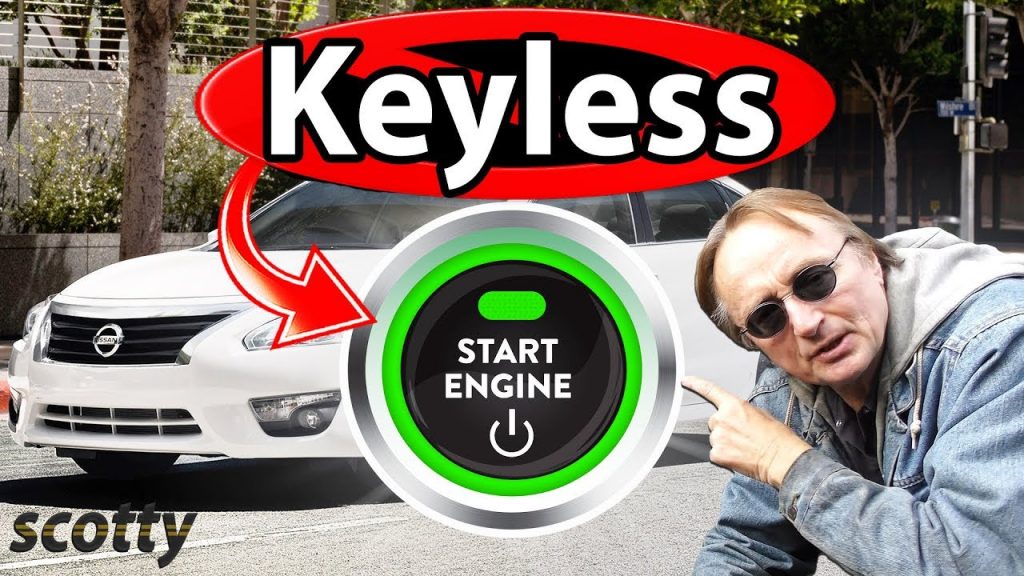New vehicles that have key-less ignitions are becoming the norm rather than the exception, and some manufacturers are even making them standard on some of their best-selling models. They are popular and cheap to install, and experts expect that the majority of new vehicles will be key-less by default within the next few years as a result. However, one of the drawbacks associated with key-less ignitions is that drivers are forgetting to turn off the engine after they park and exit the vehicle, and this is leading to a growing number of serious injuries and deaths.
Carbon Monoxide Poisoning
Victims are exposed to carbon monoxide poisoning when they accidentally leave their vehicles running after parking them in their garages. Exhaust gases build up in the garages before spreading to parts of the homes, and the majority of accidents have been happening at night while people sleep inside. However, there are also a number of cases that involve daytime poisoning, but they generally don’t result in tragedies because people notice the effects of carbon monoxide exposure and take action.
Most cases of exposure have been concentrated in the South and West where temperatures don’t usually get cold enough to warrant running a heater all of the time. Consequently, many homes don’t have carbon monoxide detectors since they’re not needed. Since there are no alarms that go off if concentrations of gas get too high, people have no idea that they’re being exposed while they sleep.
Why is This Happening?
There are a couple of leading contributors to accidents aside from the absence of carbon monoxide detectors. First, engines in newer vehicles tend to be very quiet, and it’s hard to hear them running in the garage, let alone from an interior room in a home. Second, people are inattentive or get distracted, and this causes them to forget to push the button to stop the engine before getting out of the vehicle. The absence of keys is also a problem because people don’t have to go through the motions of physically turning off the ignition and removing the keys. Finally, only a small percentage of vehicle models have warning systems in place to alert the driver when the engine is still running.
Don’t Blame Manufacturers Alone
Manufacturers are getting a lot of heat from victims, as well as the government, because they’re not doing more to protect people. Making design changes to include warning sounds, indicator lights or engine cut-off switches isn’t expensive. In fact, some estimates suggest that it would only cost car makers about five dollars to make the necessary changes. It also costs about the same to retrofit vehicles with the upgrades.
Not surprisingly, a lot of manufacturers have been reluctant to voluntarily incorporate these features in the absence of a court order, law or regulation that requires them to do so. While we can chalk a lot of this up to corporate greed, and manufacturers definitely have a hand in contributing to this problem as a result, drivers should also be shouldering some of the blame. At the end of the day, even if manufacturers did implement better warning systems, we still remain the last line of defense when it comes to making sure that we don’t exit our vehicles before making sure that the engine is off.
As harsh as this may sound, those who died from carbon monoxide exposure ultimately have no one to blame but themselves. Yes, it’s tragic. Yes, it shouldn’t happen. However, it wouldn’t have happened if they double-checked before leaving the garage or going to bed. Until auto makers come up with better safeguards, it’s up to us to be vigilant.
Most of us will be driving key-less vehicles in the not-too-distant future, and there’s a good chance that a lot of them won’t have sufficient safety systems in place. Make sure that you’re mindful of this potential hazard, and come up with some kind of routine that enables you to check that the vehicle is off before going inside. This is one tragedy that none of us should have to face, but it’s our responsibility to take steps to prevent it from occurring
